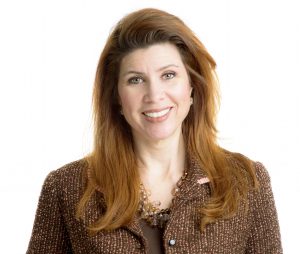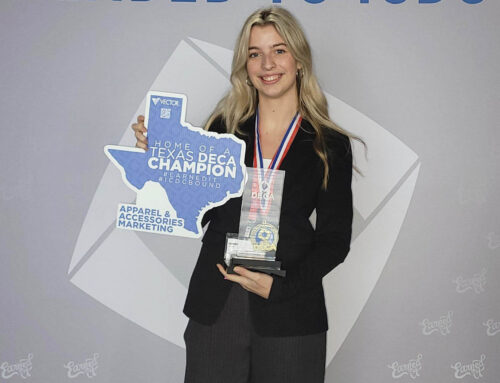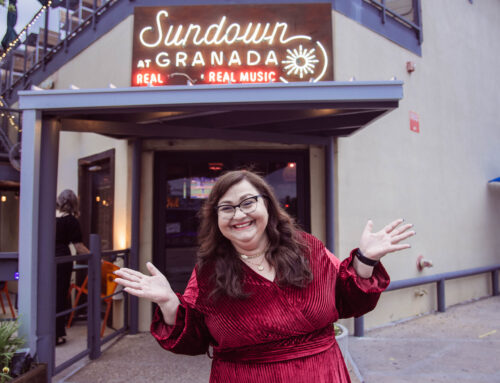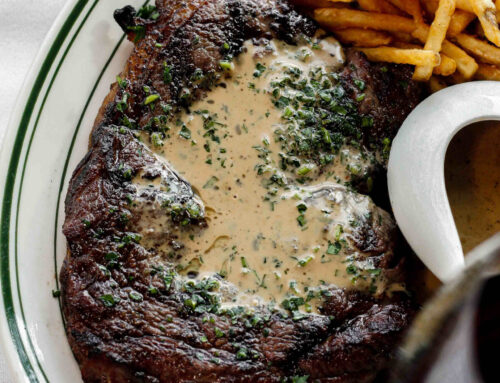 In nine months, we’ll enjoy our biennial rite of electing representatives to the esteemed legislature of Dallas City Hall.
In nine months, we’ll enjoy our biennial rite of electing representatives to the esteemed legislature of Dallas City Hall.
It might make your head hurt to think we’ll be hearing about city council elections for three-quarters of a year, but don’t worry. The races themselves won’t heat up until the spring, so until then, our lawns won’t be littered with yard signs, and our mailboxes won’t be overflowing with political mailers. We’ve got a few months’ respite.
So if the inundation of political campaigns isn’t imminent, why do we need to start paying attention now? Because early fall represents that narrow window of time when people mulling over the possibility of running for city council typically decide whether to take the plunge into the rough-and-tumble world of local politics.
People who have been on the fence about running will either go all in or decide their family and career are more important than a job paying $37,500 a year for the honor of beating their head against a wall every Wednesday. It is a difficult decision and not one entered into lightly. My hope, my prayer for Dallas, is that we get some exceptional candidates running for Dallas City Council in 2015. Because it’s going to be an important year.
[quote align=”right” color=”#000000″]”If we want to get a sense of whether a candidate will really work to transform city hall, it’s the controversial issues that tell the tale. So I propose a single question for city council candidates to separate the wheat from the chaff: Do you support the Trinity Toll Road?”[/quote]Next May, we have a real opportunity to transform Dallas City Hall. Of the 14 council districts, there will be six open seats, two of which are in East Dallas and Lake Highlands (Districts 9 and 10, currently represented by Councilmembers Sheffie Kadane and Jerry Allen, respectively). Six new councilmembers can turn the tide. They can shake up the Dallas City Council and push city hall toward a more neighborhood-oriented, transparent, accountable way of doing business.
If you’re tired of reading about muck-ups at city hall — from fracking to Uber to horse parks to toll roads — then now is the time to pay attention. Because if we stand any chance of changing the way city hall is run, we’ve got to have the right candidates. And just as importantly, we’ve got to ask them the right questions.
By way of contrast, here are the wrong questions:
Will you support putting more money toward libraries/parks/my pet project?
Do you agree that 311/animal services/that lady at the city who won’t return my call needs to be more responsive?
Will you work to fix our streets/street lights/that pothole on the corner?
Will you hold the line on property taxes/sales taxes/income taxes?
Not surprisingly, the answers will be yes, yes, yes, and yes, in that order. These aren’t dumb or unimportant questions; they just aren’t the right questions. They won’t tell us a blessed thing about whether a particular candidate is going to be a change agent or just another chair warmer. It’s easy to “fight” for more police, lower taxes and better streets. (Show me the candidate whose slogan is, “Vote Jones for fewer police, higher taxes and more potholes!”) But if we want to get a sense of whether a candidate will really work to transform city hall, it’s the controversial issues that tell the tale.
So I propose a single question for city council candidates to separate the wheat from the chaff: Do you support the Trinity Toll Road? It’s not that this is an obsession of mine (it is), it’s that this issue so clearly illuminates a potential councilmember’s values and vision for our city. Either they love the toll road and think everything is going swimmingly at Dallas City Hall, or they see the toll road for the boondoggle that it is and want to take our city in a new direction.
If their answer begins with anything other than “no,” don’t think for a second that they’ll be anything other than yes-men once they get elected, bobbing their heads in unison with the mayor and the Dallas Citizens Council.
But if their answer is an unequivocal “no” (and they get extra points if their response begins with an expletive), then they are worth considering. Just make sure to get their answer in writing, preferably in blood.





